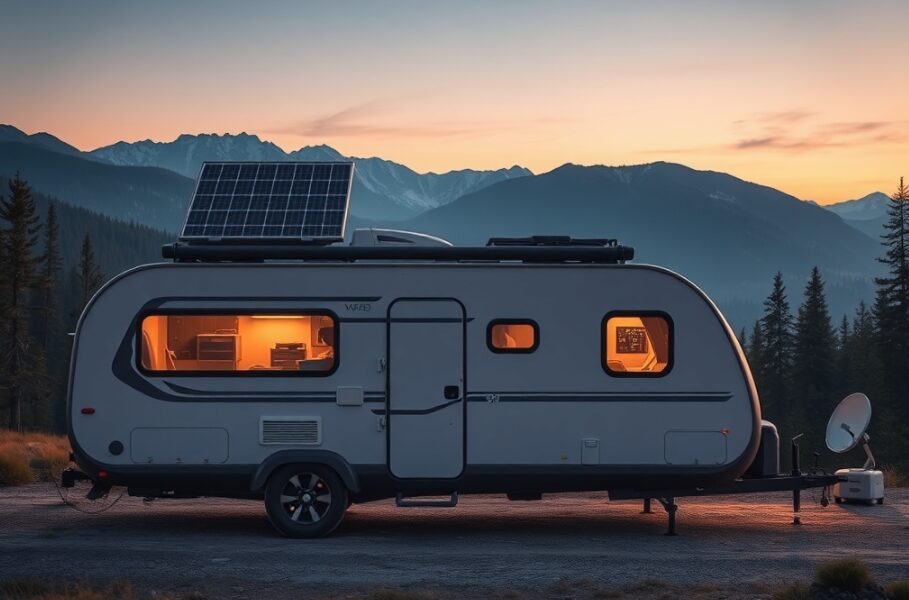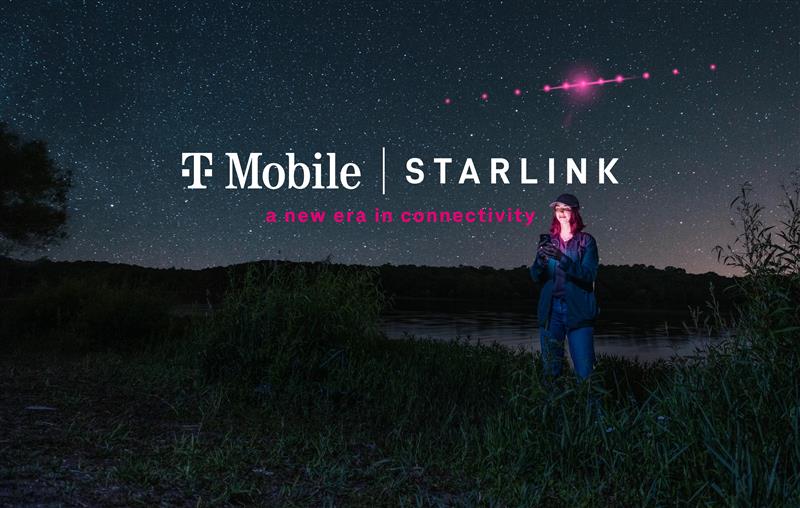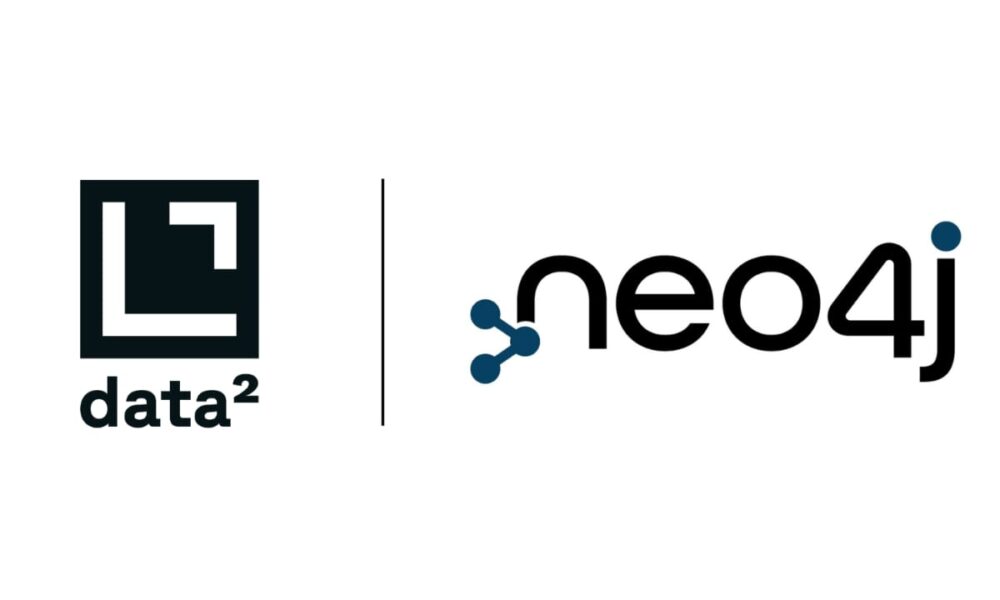Caravan travel has come a long way from basic beds on wheels. Today’s new caravans are more than just mobile living spaces — they’re technologically advanced, self-sufficient units built to support off-grid adventures with comfort and ease. Whether it’s power, heating, or connectivity, smart systems are transforming how travellers explore remote areas without sacrificing everyday conveniences.
Solar Integration and Advanced Battery Systems
The heart of off-grid capability lies in energy independence. Solar panels are increasingly standard in new caravans, feeding high-capacity lithium batteries that store enough power for lighting, appliances, and even heating systems. These aren’t basic setups either — advanced monitoring systems now allow users to track battery health, solar input, and usage statistics in real time.
Inverter technology has also improved dramatically. Pure sine wave inverters convert DC to AC power more efficiently, enabling caravanners to run laptops, coffee machines, and even air conditioning units with ease. Some setups include hybrid systems that can switch automatically between solar, battery, and mains electricity — ensuring seamless operation wherever the caravan is parked.
Smart Climate Control and Water Management
Off-grid doesn’t have to mean off-comfort. Heating and hot water systems in modern caravans are now smart-enabled, allowing users to control temperature via touchscreen panels or mobile apps. These systems typically run on gas or electricity, and can automatically adjust output to maintain a consistent environment while minimising energy waste.
Water is another area where smart features are making a difference. Onboard water tanks often connect to pressure sensors and filtration systems, allowing for real-time usage tracking and alerts when levels are low. Some caravans also offer greywater recycling capabilities or include ultraviolet (UV) purification for safe use of water from natural sources.
Connectivity in Remote Locations
Digital isolation is a concern for many off-grid travellers, particularly those working remotely or relying on GPS navigation. New caravans are increasingly fitted with integrated antennae, signal boosters, and 4G/5G routers, offering reliable internet access even in weak-signal areas. These systems support everything from streaming to video conferencing, making it possible to work or stay connected from the middle of nowhere.
Many models now support over-the-air software updates for onboard systems, just like a modern vehicle or smart home. Some even include diagnostic tools that notify users of maintenance issues or irregular power usage — helping prevent breakdowns in isolated areas.
Efficient Use of Space and Automation
Smart tech isn’t limited to systems — it’s also baked into design. New caravans are increasingly engineered for space efficiency using modular furniture, hidden storage, and dual-purpose fittings. These innovations, often developed using CAD and space-optimisation software, ensure that even compact caravans feel spacious and functional.
Automation plays a role here too. From auto-levelling suspension and electric slide-outs to programmable lighting and climate presets, caravans are embracing the principles of smart home design. The result is an experience that feels more high-tech apartment than temporary accommodation.
New caravans reflect the growing demand for off-grid independence without compromising on technology or comfort. They show how energy efficiency, digital tools, and intelligent design can come together to create genuinely self-sufficient living spaces — all on four wheels.











